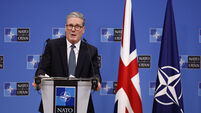Writers debate: Should the EU form an army, and should Ireland participate?
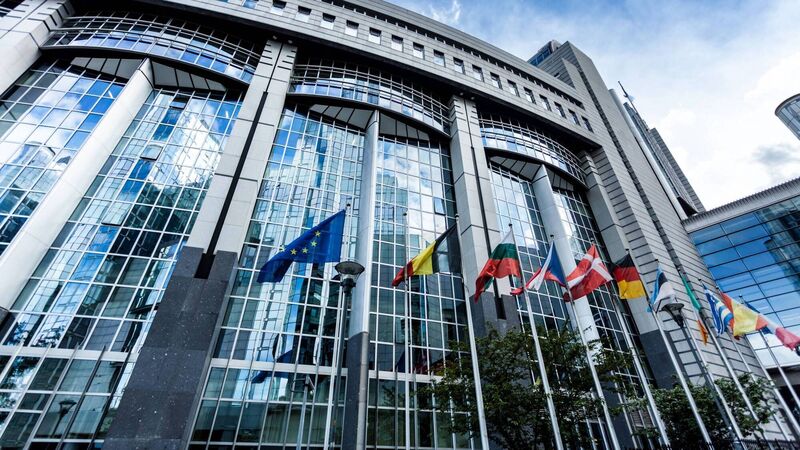
As global security threats rise and the US signals that Europe must take more responsibility for its own defense, the question of a European army has gained urgency.
As global security threats rise and the US signals that Europe must take more responsibility for its own defense, the question of a European army has gained urgency.
In this debate, retired Army Colonel argues in favor of greater EU military integration, while former UN peacekeeper warns against the dangers of militarisation.
The primary objective of the EU was to break the cycle of wars between France and Germany. The first step was to pool the production of coal and steel of both countries, to make it materially impossible to go to war with each other.
The second step integrated the economies of member states into a common market. The final step was the creation of the EU political union which we have today.
This union is very much work in progress. It is envisaged that the CSDP (Common Security and Defence Policy) would eventually lead to a Common Defence.
The idea of a “Euro Army” is just one option for creating a Common Defence. There are others. Of course, there is little point in setting up a Euro Army, without a navy and airforce as well. Since war now has five dimensions, land, maritime, air, space, and cyber, any Common Defence must include space and cyber defence. When I use the term “Euro Army” I include all five components.
Common Defence will require a mutual defence commitment of member states. It will require the EU to have a deterrent capability in all five dimensions of war, to deter any attack. I support nuclear disarmament, but until this has been achieved, the EU will have to have a nuclear deterrent.
While French President Emmanuel Macron has offered to make the French nuclear deterrent, of 290 warheads, available to the EU, it is not quite sufficient to constitute a credible deterrent for an EU Common Defence.
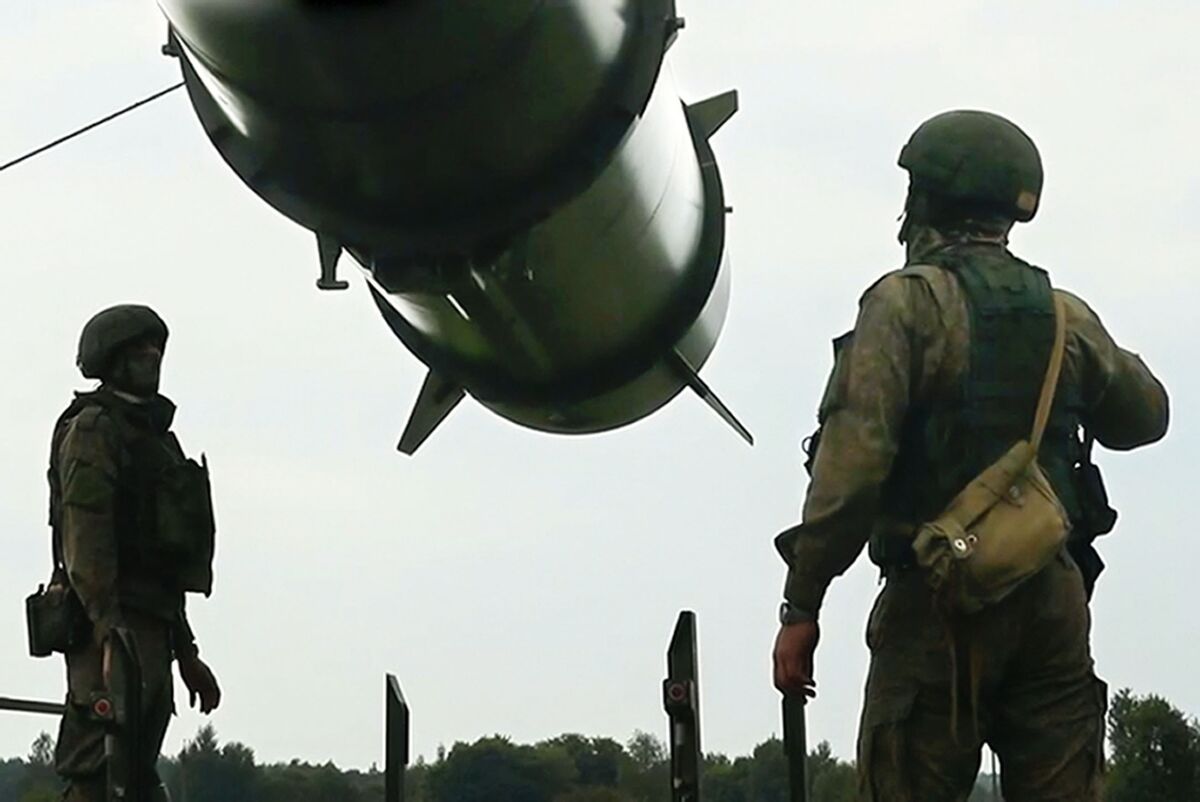
Even pooling nuclear capabilities with Britain's 225 warheads, it is still not enough for the Euro Army. Russia has an estimated 5,580, of which between 1,000 and 2,000 are small tactical battlefield warheads. Moreover, the British and French warheads are all strategic. If Putin were to use tactical warheads in Ukraine, no one would risk Armageddon by replying with strategic warheads.
The best option for an EU Common Defence would be to pay the US for nuclear protection tailored to Europe’s needs. President Donald Trump has not yet made that suggestion but watch this space
The EU’s CSDP was envisaged mainly to conduct operations for missions where “the US, as a whole, did not want to participate".
The CSDP has been busy improving EU military capabilities for CSDP tasks, but which will ultimately also aid common defence. There is no need, just at this stage, to create a Euro Army.
Under CSDP, enhancing maritime and air defence come to mind. The question of creating an “iron dome” system to protect Europe against ICBM (intercontinental ballistic missile) attacks has been floated, as, for example, North Korea’s missile capabilities improve, or even non-state actors acquire hypersonic missiles.
The EU can further develop CSDP without crossing the red line into Common Defence. We still do not know which direction the Union will take.
Will it become a federal United States of Europe or a confederal Europe of United Nations? The federalists, who favour a Euro Army, are in a minority but are making noises and some countries are spooked by the Ukraine war.
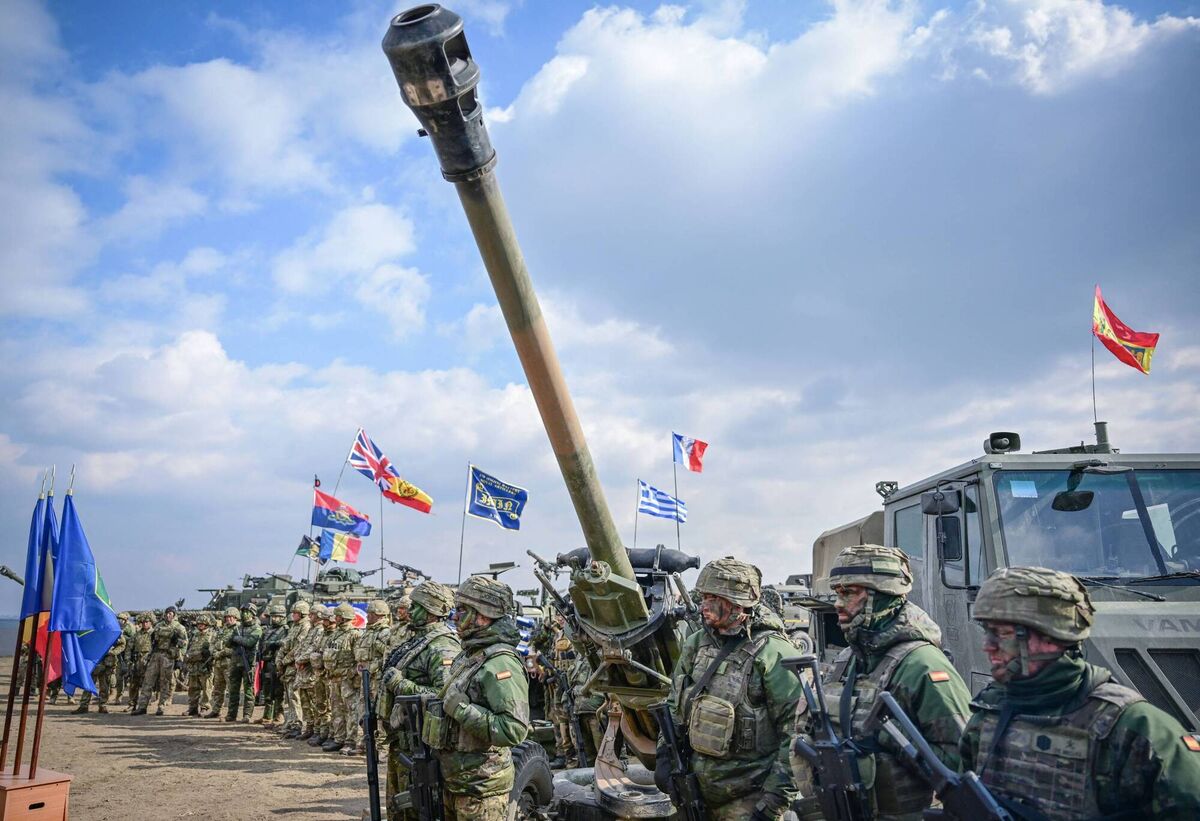
The EU movement towards a closer union will require further transfers of sovereignty from member states to Brussels. Of course, we are also sharing the pooled sovereignty of the other member states. The ultimate transfer of sovereignty would be the transfer of control of the Defence Forces to Brussels. That is an extreme interpretation of what creating a Euro Army might involve.
National security and defence comes first. Collective security for Ireland is much better than trying to go it alone. My first choice is to put our future defence in the hands of the EU
Ireland, hopefully, will have a say on whether the Common Defence will require a Euro Army or not. We could explore other options such as the continuation of national control on defence policy as Nato member countries have.
We can also influence the shape, strength and composition of the Euro Army. We could even ensure that the Euro Army will take on a strong role in UN peacekeeping operations. EU budgetary assistance could be expected to help converge our funding to the agreed EU target figure.
Within the Euro Army there should well be plenty of opportunities for bilateral cooperation to our mutual benefit across all five dimensions. The day that Finland and Sweden announced their applications for Nato, it opened up the possibility of Scandinavia having a defence union, with Norway supplying the Navy, Sweden, the Air Force, Finland and Denmark the Army, and Iceland providing secure pens for the Scandinavian submarine fleet.
In the final analysis, if the EU is worth having, then it is worth defending.
John F Kennedy spoke these words on June 10, 1963: “The pursuit of peace is not as dramatic as the pursuit of war, but we have no more urgent task.”
I joined the Irish Defence Forces on September 28, 1963, and John F Kennedy was assassinated on November 22, 1963. Promoting peace and justice can be dangerous for the peacemakers, including JFK. Some 86 Irish soldiers, many of whom I knew, gave their lives for thejustified cause of international peace. Ireland must continue to promote peace by peaceful means only and avoid joining foreign armies and wars of aggression.
The TINA syndrome, which stands for ‘There Is No Alternative’ was in vogue after the economic crash and austerity crisis. That syndrome is now being applied to the militarisation of Europe. There were alternatives to the imposition of austerity, and there are alternatives to the militarisation of Europe. These alternatives include making peace by peaceful, non-violent means. The costs of militarisation and the destruction of wars is immense.
The estimated world military expenditure for 2023, was $2,443bn (€2,326bn). This does not include the huge costs of wars to countries being destroyed. The alternative is to spend most of these billons on conflict prevention, including transforming the UN and restoring theproper rule of international and humanitarian laws and jurisprudence.
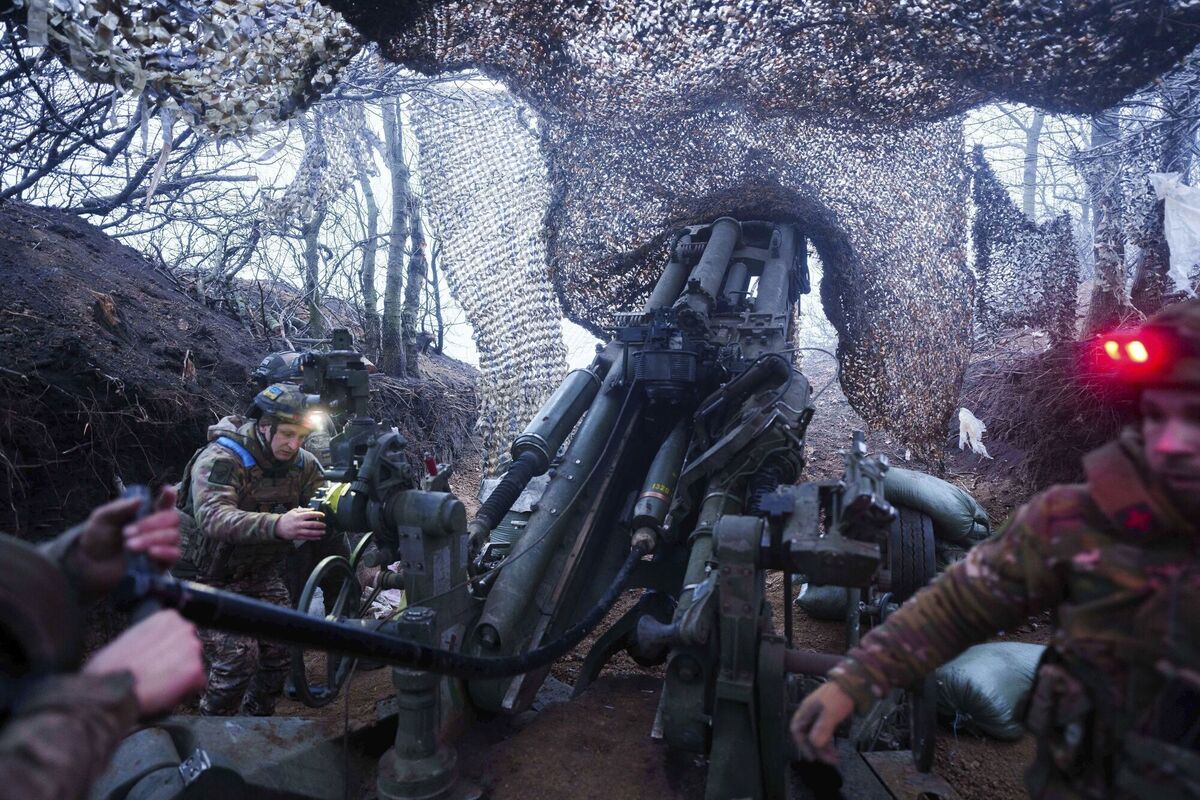
A BBC report on February 16 stated: “Ukraine’s president Volodymyr Zelensky has called for the creation of an army of Europe.”
Many European countries are reported to be in full war preparation mode. It is not clear whether this would be an EU army or wider European army.
Some 34 European countries have national armies. Nato is the world’s largest regional military force. Some 24 of the 27 EU states are full members of Nato, and the three neutrals, including Ireland, are members of Nato’sPartnership for Peace.
This might not be so bad if Nato was a genuine defensive alliance. Since the end of the Cold War, Nato member states have been involved in aggressive resource wars in breach of the UN charter in Serbia, Afghanistan, Iraq, Libya, Syria, and elsewhere and supporting Israeli war crimes amounting to genocide against the Palestinian people.
The Warsaw Pact was disbanded in 1991 after assurances were given to Russian leaders that Nato would not expand, “not one inch eastward”.
Since 1999, Nato has expanded from 19 member states to 32, taking in former eastern European states up to Russia’s borders.
Ireland should avoid entanglement with Nato or European armies.
The Irish Defence Forces has been a volunteer army since the foundation of the State. Until the 1990s, Irish soldiers had to volunteer before being sent on UN peace missions.
Now, if sufficient volunteers are not available with the requisite skills, they can be compelled to serve on overseas missions including Nato ones. This is one of the reasons that our citizens are unwilling to join the Defence Forces, and why our soldiers are leaving the organisation.
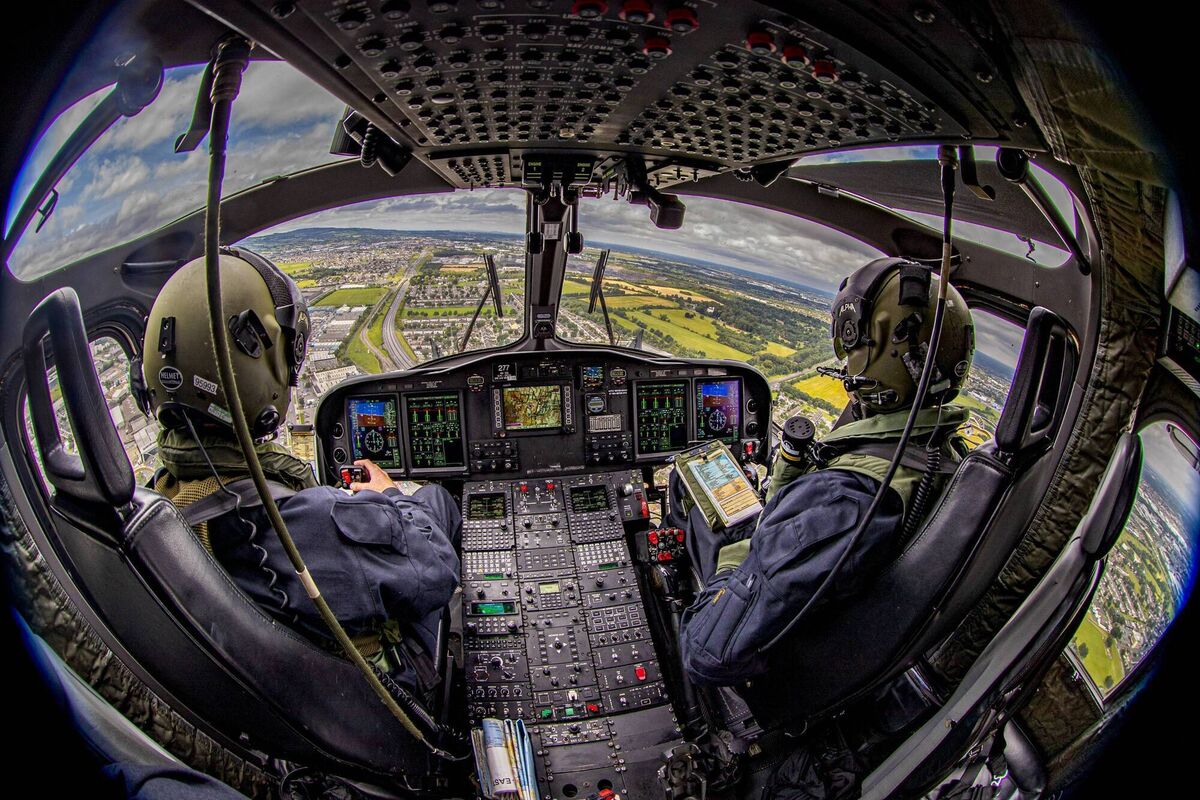
Irish positive neutrality is the best way to defend the best interests of the Irish people and the wider interests of humanity. Our neutrality has been virtually ended due to Irish soldiers serving with Nato, proposed abandonment of the triple lock, helping to train Ukrainian soldiers to kill Russian soldiers, and serving with EU military battlegroups, and neocolonial missions in Africa. If Irish soldiers are killed on such missions, their deaths will not have been justified.
After the end of the Cold War, the alternatives to the militarisation of Europe should have been a bright new dawn of peace and economic cooperation across Eurasia. A buffer zone of neutral states should have been created from the Baltic Sea to the Black Sea. That opportunity was lost due to US determination to be the world’s unipolar superpower.
Ukraine agreed to give up its nuclear weapons and became a neutral state, but this neutrality was ended in 2014. Attempts to negotiate a peaceful settlement of the Ukraine conflict by the Helsinki process failed. Hundreds of thousands of Ukrainian and Russian people have died. Many more will die unless peaceful alternatives are created to replace the militarisation of Europe. More European armies are the problem, not the solution.
Those who argue that Ireland should defend its people by conventional military means should consider the likely financial costs and lives lost, and the peaceful alternatives.
Neutral Austria is considering purchasing 58 new Leopard tanks at €29,000,000 each.
In this nuclear armed 21st century, the time to stop wars is now, before they start, if humanity is to have a future.





